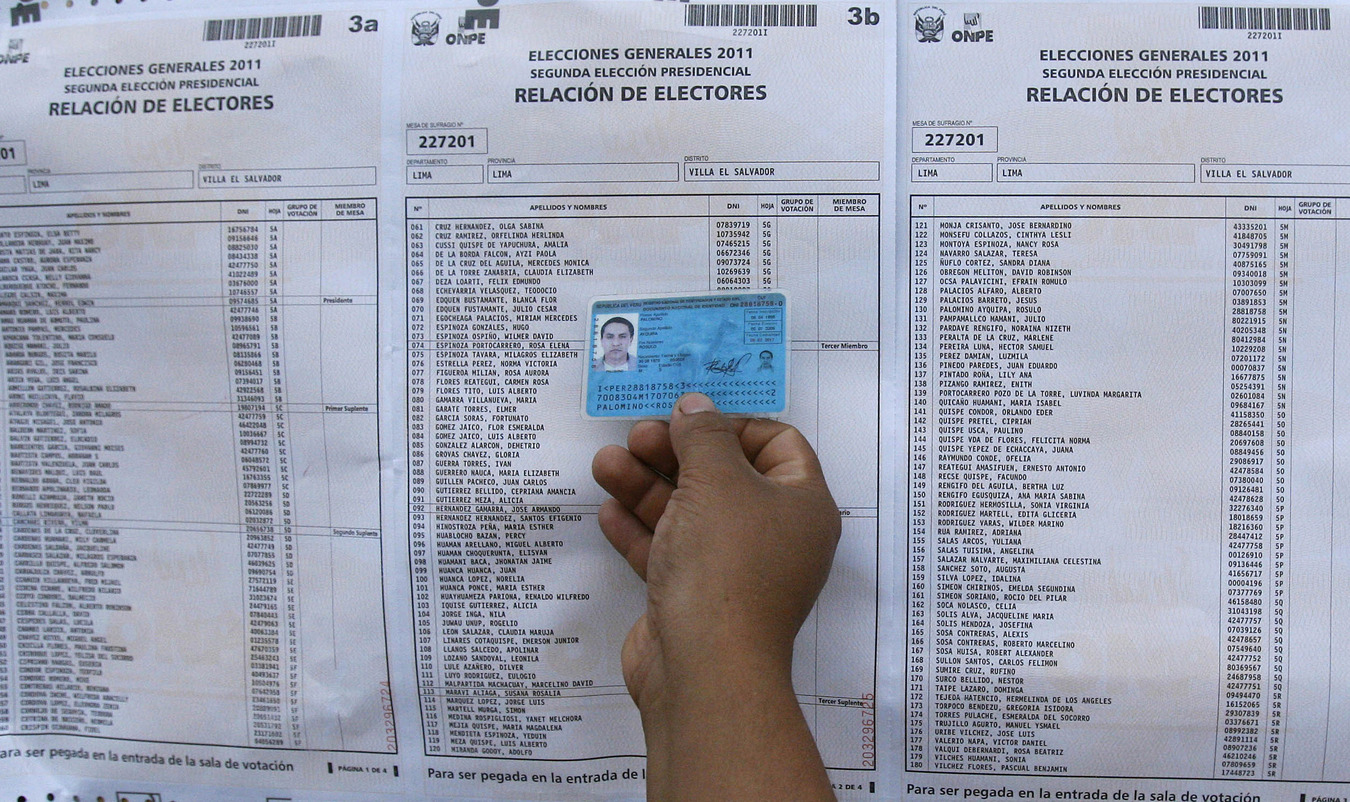Affirmative Action in Brazil
Affirmative Action in Brazil
A new study finds that education, race and income may affect the future of policies designed to increase access to universities.
Affirmative action programs have spread rapidly across Brazil’s higher education institutions. Afro-Brazilians seeking a university education now have access to opportunities that were unreachable just decades ago.
In fact, a recent study by the Universidade do Estado do Rio de Janeiro found that 70 percent of Brazil’s public universities—both federal and state—have adopted some form of affirmative action. This comes despite the fact that federal legislation for university-based affirmative action has yet to be passed. But the programs continue to be deeply controversial. Opponents argue that affirmative action may unfairly disadvantage non-targeted groups and that it politicizes race in ways that are distinctly un-Brazilian.
But outside of the media limelight, what does the average Brazilian think? New data from the 2010 round of the AmericasBarometer surveys by the Latin American Public Opinion Project (LAPOP) provide a window on ordinary Brazilians’ views.
The most salient finding is the high level of support for affirmative action when respondents were asked if it’s fair for public universities to reserve spaces for Afro-descendants (people who are black or mulatto). Nearly half of Brazilians strongly agree that reserving university spots for blacks and mulattoes is fair, and more than two-thirds are at least somewhat favorable to this statement (represented by a score of 5, 6 or 7). At the same time one in every six Brazilians is strongly opposed to affirmative action.
Read the full text of this article at www.americasquarterly.org.
Amy Erica Smith is a research coordinator for the Latin American Public Opinion Project at Vanderbilt University.








